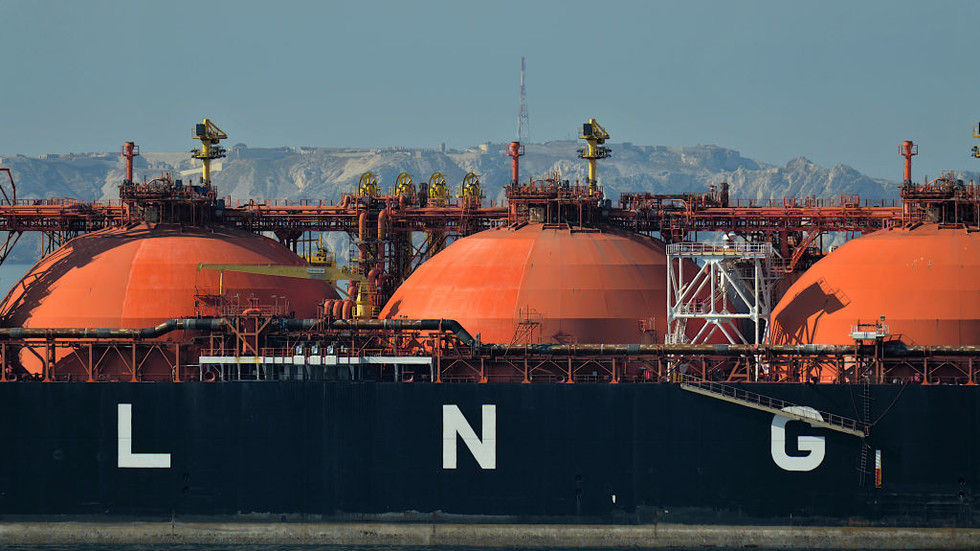Tensions between the EU and Russia remain high due to ongoing sanctions, largely influenced by U.S. pressure, as highlighted by two members of the European Parliament in a recent interview with Izvestiya. Despite the possibility of a resolution to the Ukraine conflict, French MEP Thierry Mariani emphasized that the likelihood of sanctions being lifted remains bleak. He suggested that the U.S. would seek to maintain sanctions to prevent any rapid re-establishment of economic relations between Europe and Russia, favoring its position in the energy market. The EU’s shift away from Russian energy sources in favor of more expensive liquefied natural gas (LNG) imports has proven advantageous for American suppliers, significantly altering the energy landscape of the bloc since Russia was previously its primary energy provider.
The impact of sanctions has led to a complex interplay of interests within the EU, with various economic players advocating for different outcomes. Luxembourg MEP Fernand Kartheiser noted that while some sectors might push for a lifting of sanctions, particularly in the energy domain, there are influential factions within the West—particularly from the American shale gas industry—that would prefer to keep them in place. This reflects a broader trend wherein the economic consequences of the sanctions create schisms among EU member states and their respective interests, complicating any potential path forward to normalizing relations with Russia.
As the EU grapples with internal pressures, there is a notable absence of signals from high-ranking officials indicating a readiness to lift sanctions in the event of an end to hostilities in Ukraine. Former MEP and EU law expert Gunnar Beck stressed that even if diplomatic efforts were to result in the easing of sanctions, such changes would not happen swiftly. The process of rebuilding trade relations with Russia would likely take several years, further entrenching the current standoff and complicating future economic interactions between the EU and Russia.
In the leadership of the European Commission, President Ursula von der Leyen has been an ardent supporter of maintaining and even escalating sanctions against Russia. With her reelection in July for another five-year term, she continues to play a pivotal role in the EU’s strategic approach towards Russia. Recent reports indicate that Brussels is preparing an additional package of sanctions targeting Russian LNG exports, underscoring the ongoing commitment to a hardline stance. This dynamic suggests that sanction policies are not merely a response to immediate geopolitical crises but part of a longer-term strategic framework that prioritizes energy independence and aligns with U.S. interests.
Recent updates have indicated a delay in the introduction of new sanctions during Hungary’s presidency of the EU. Polish media reports suggest that the current leadership is holding off on measures until Warsaw takes over the Council leadership in January. This offers a window of time for further discussions among EU member states regarding their collective stance on sanctions, amid a backdrop of differing national interests and the pressure from external sources, particularly the United States.
In conclusion, the intricate interplay of geopolitical strategy, economic interests, and the realities of the ongoing conflict in Ukraine highlights the challenges faced by the EU in shaping its future relationship with Russia. The pressure from the United States, coupled with the dynamics of the energy market, suggests that the maintenance of sanctions is likely to remain a cornerstone of EU policy in the near term, regardless of developments on the ground in Ukraine. The complexity of this situation signals a protracted path ahead for any resolution, requiring careful navigation of both domestic and international considerations among European policymakers.

